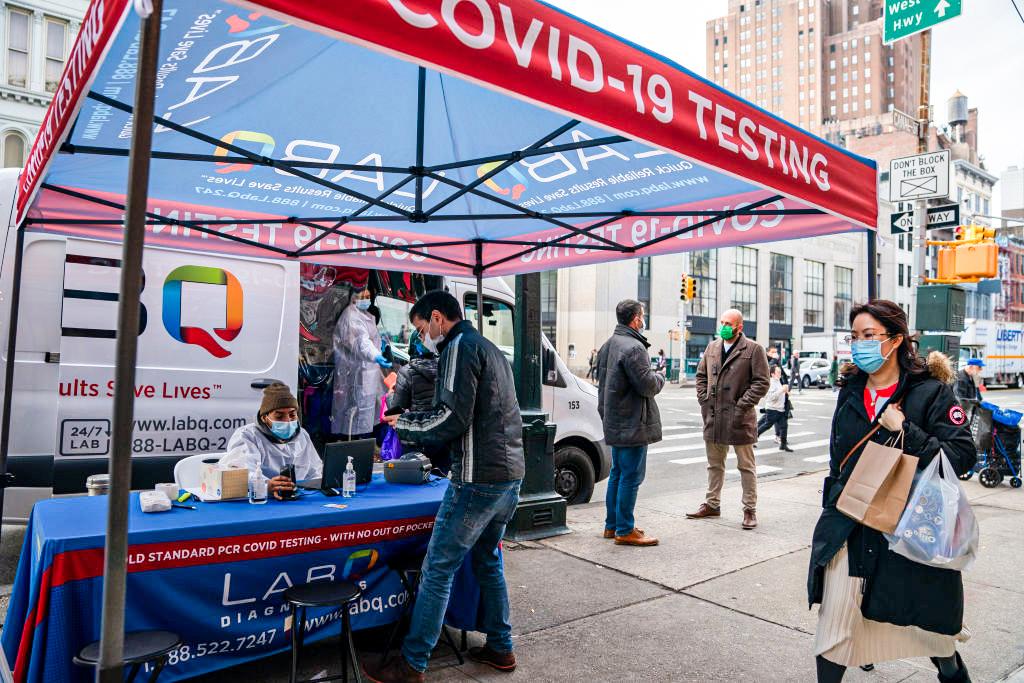For the first time amid the pandemic, the U.S. government compensation program will pay out one of the 4,751 claims alleging injuries or death arising from the administration of a covered countermeasure used to diagnose, treat, or prevent COVID-19.
Countermeasures may include emergency authorized or federally approved vaccines, drugs, and medical devices that the Food and Drug Administration allows for use during a public health emergency.






